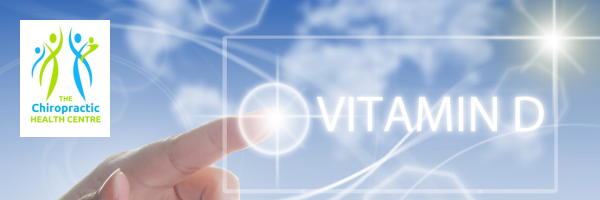
Vitamin D, often referred to as the “sunshine vitamin”, plays a crucial role on different systems in the body, including your musculoskeletal health. Vitamin D is synthesized in the skin when it exposed to UV light by the sun and is also found is certain foods and supplements. Its primary function is to regulate calcium and phosphate levels in the body, which are vital for healthy bone production and maintenance.
Deficiency of vitamin D can be dangerous to musculoskeletal health. Vitamin D deficiency can lead to the development of diseases such as osteoporosis and osteomalacia. Both of these conditions cause weakness of bone, leading to increase risk of fracture, chronic pain and even postural deformity. Additionally, vitamin D receptors are also present in skeletal muscle tissue and is needed for proper muscle function. Low levels can impair muscle strength and performance, leading to increased pain and reduced mobility.
Vitamin D also plays a vital role in inflammatory regulation through its immune modulatory effects. Deficiency of vitamin D has been associated with various inflammatory and systemic musculoskeletal conditions, such as rheumatoid arthritis, fibromyalgia and inflammatory bowel disease. Adequate intake of vitamin D may assist in managing pain and improving your overall musculoskeletal health.
Addressing vitamin D deficiency can have a positive impact on musculoskeletal pain management. While vitamin D is readily available from the sun, our exposure can be limited for a variety of factors. This may be due to an office job, clothing, winter weather or the use of SPF to protect against the harmful effects of sun exposure. The guidelines state that about twenty minutes of midday sun exposure to your face, arms and legs a day will provide adequate intake of vitamin D. There are various dietary sources for vitamin D as well, including fatty fish, fortified dairy or milk alternative products, mushrooms and egg yolk. A simple blood test can assess your vitamin D levels and supplementation may be recommended, guided by your healthcare professional.
Recognizing and addressing vitamin D deficiency is crucial for optimal musculoskeletal health and can help alleviate pain, improve mobility and enhance overall wellbeing.
021 683 2996
44 Second Avenue, Harfield Village | 021 674 1120 | info@harfield-village.co.za
© 2023 Harfield Village Online – Maintained by LNVA.